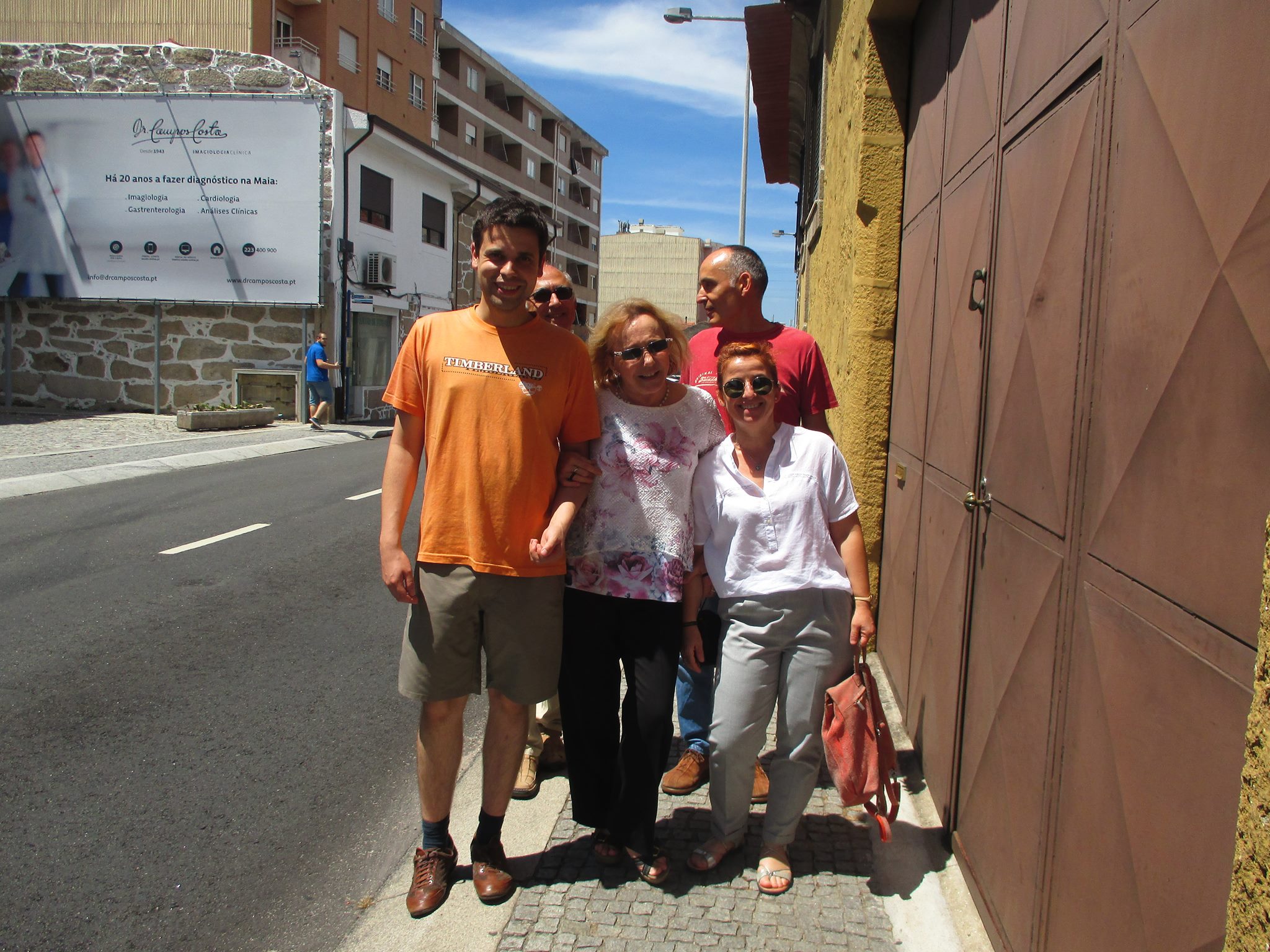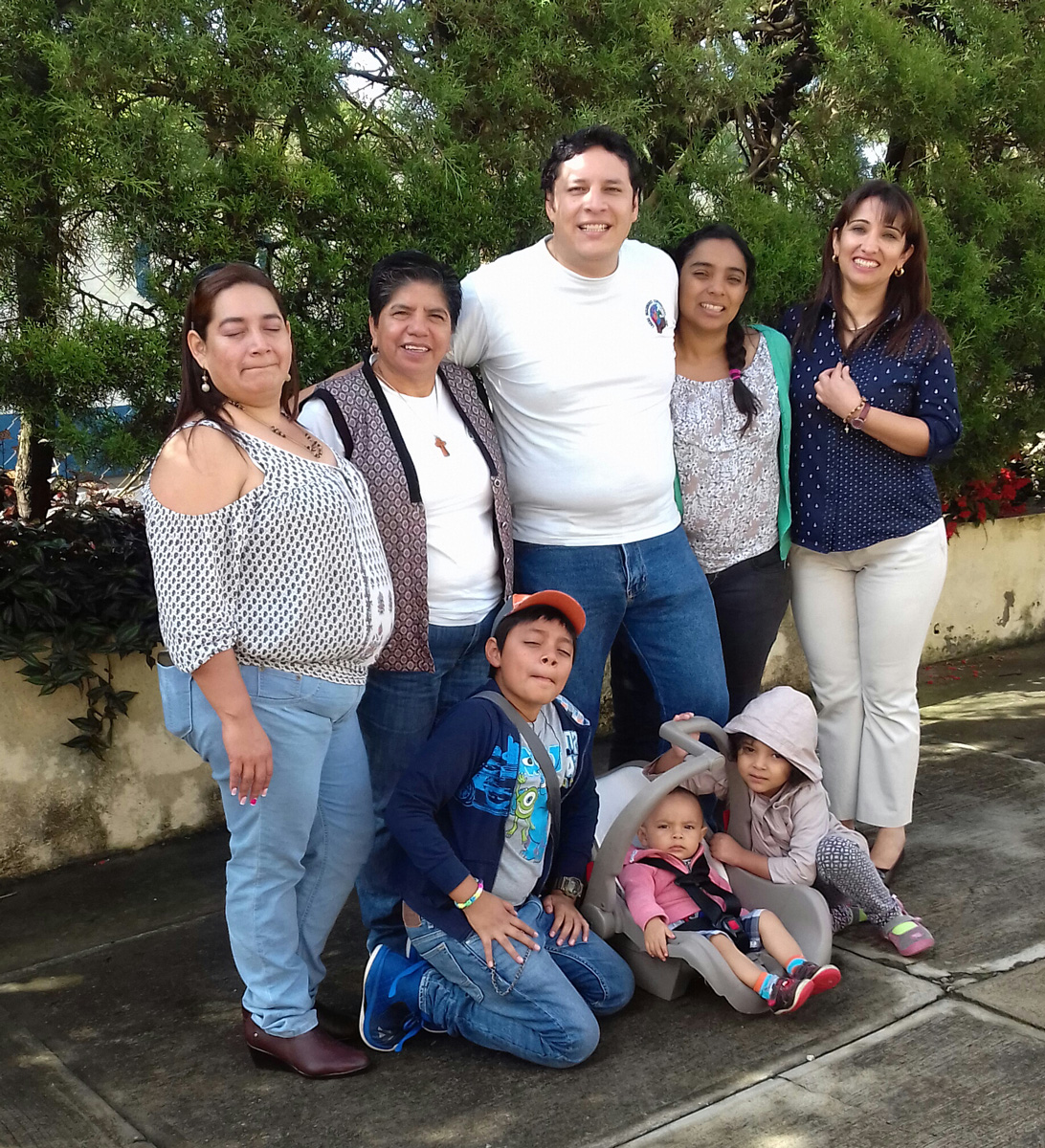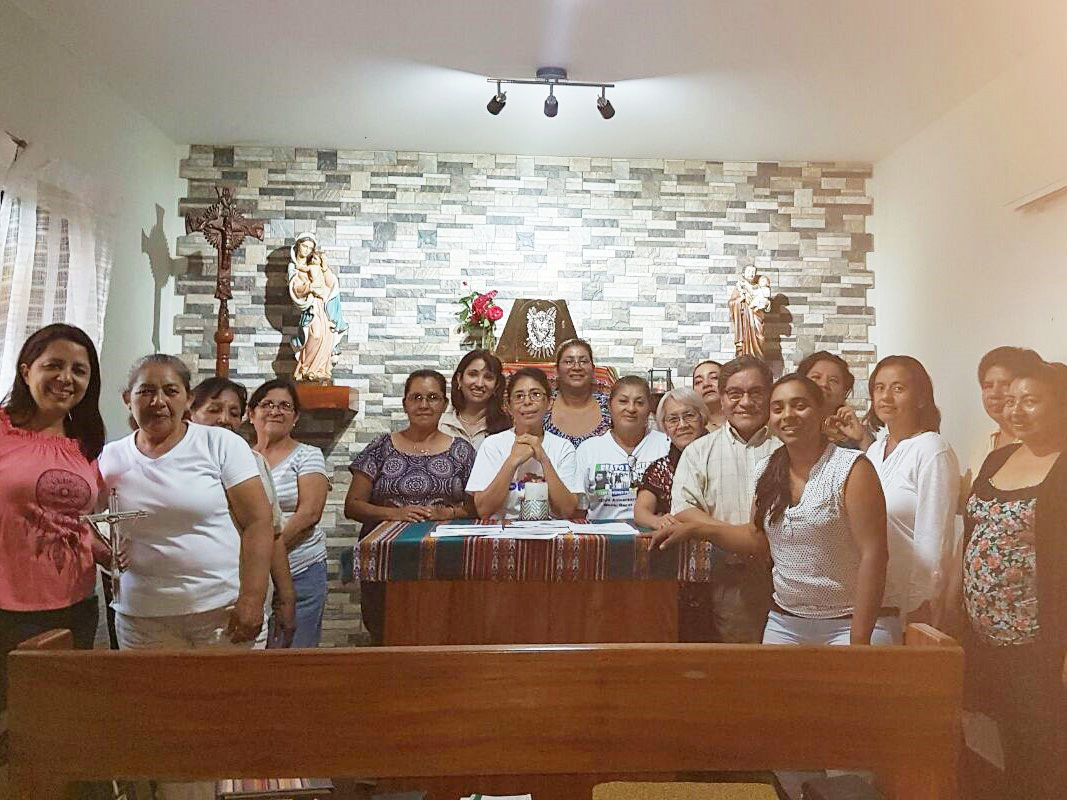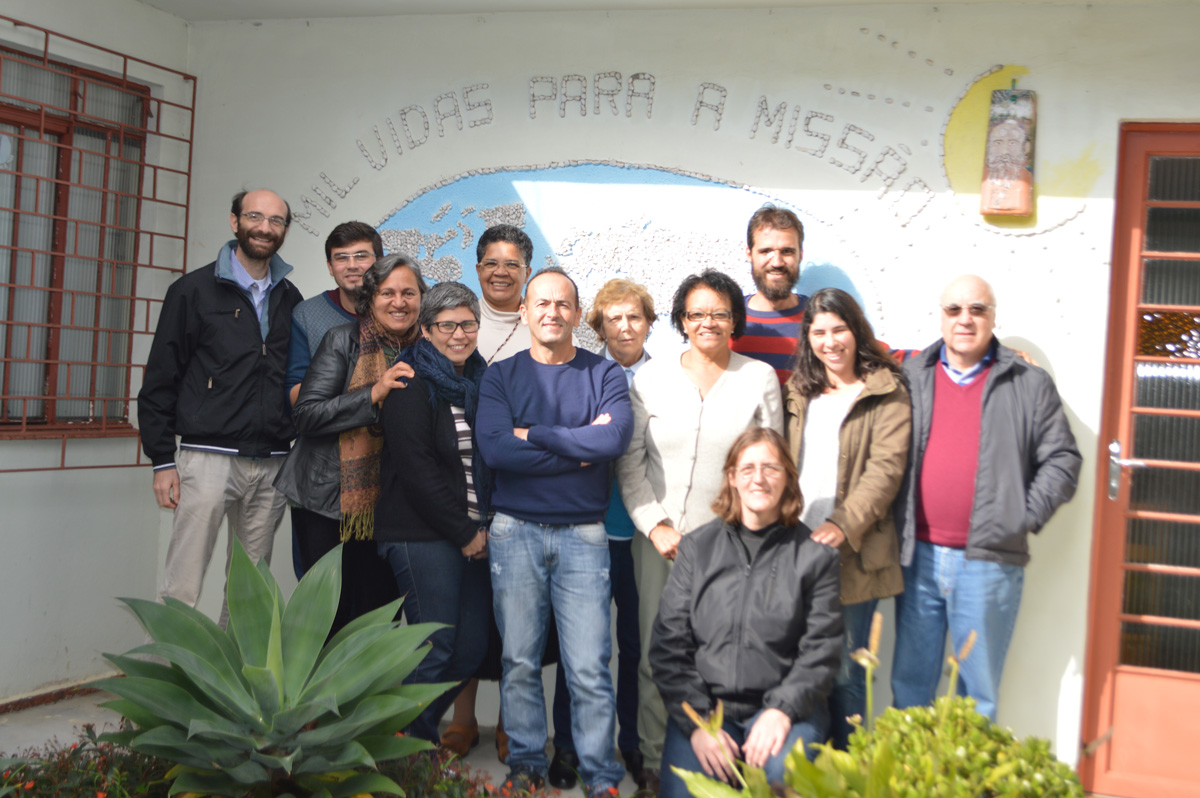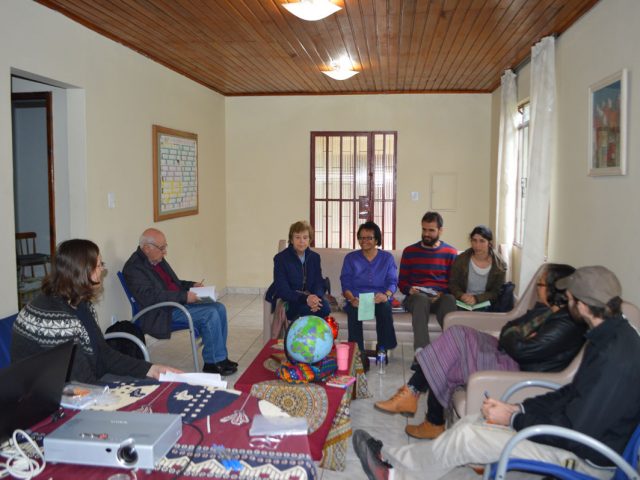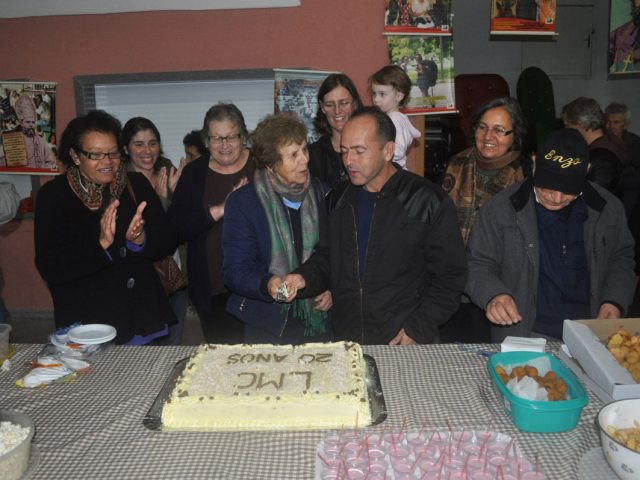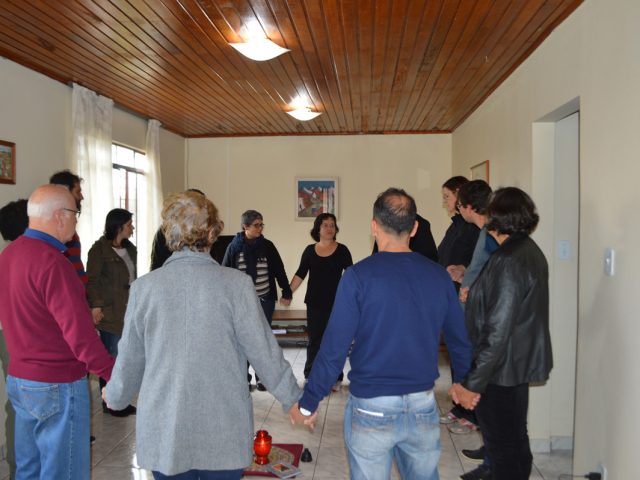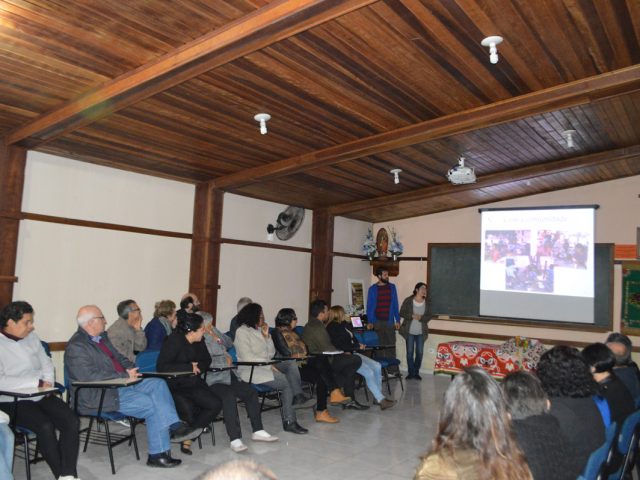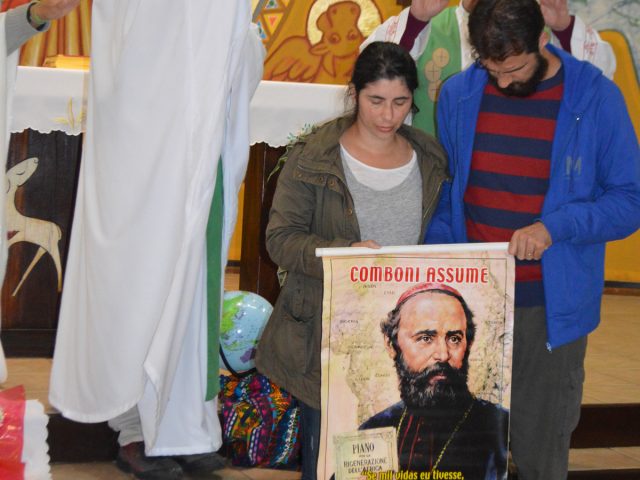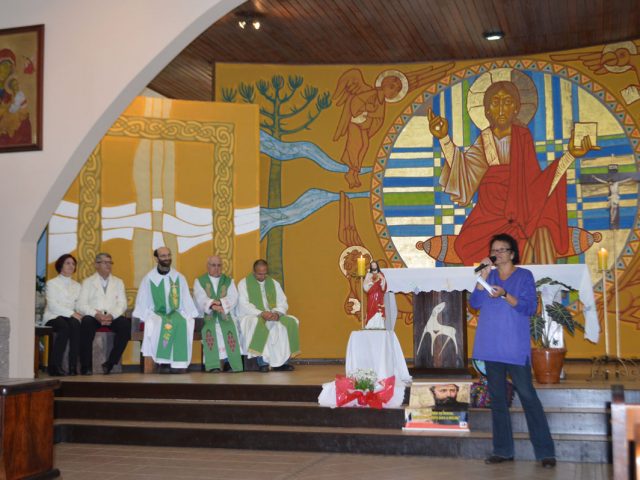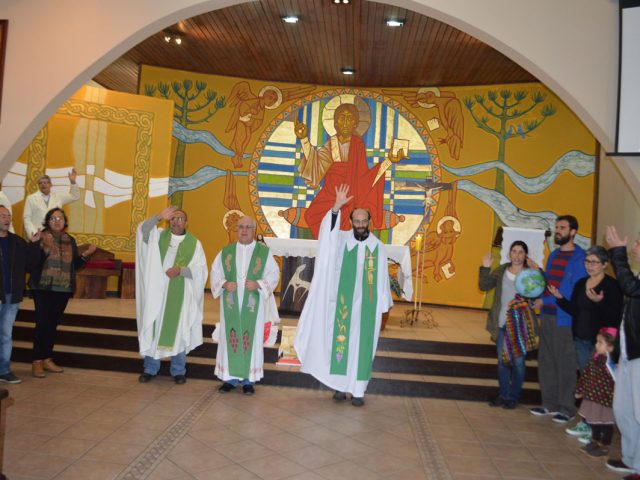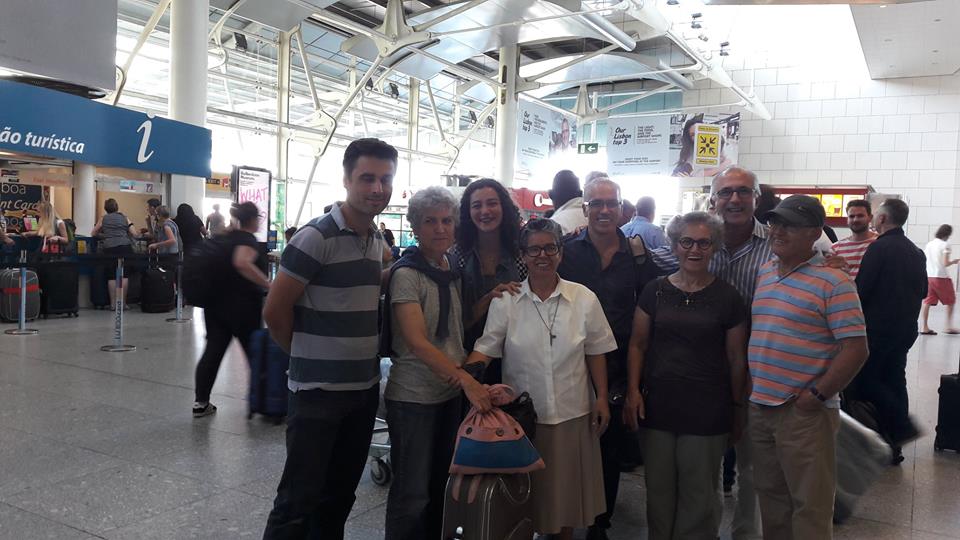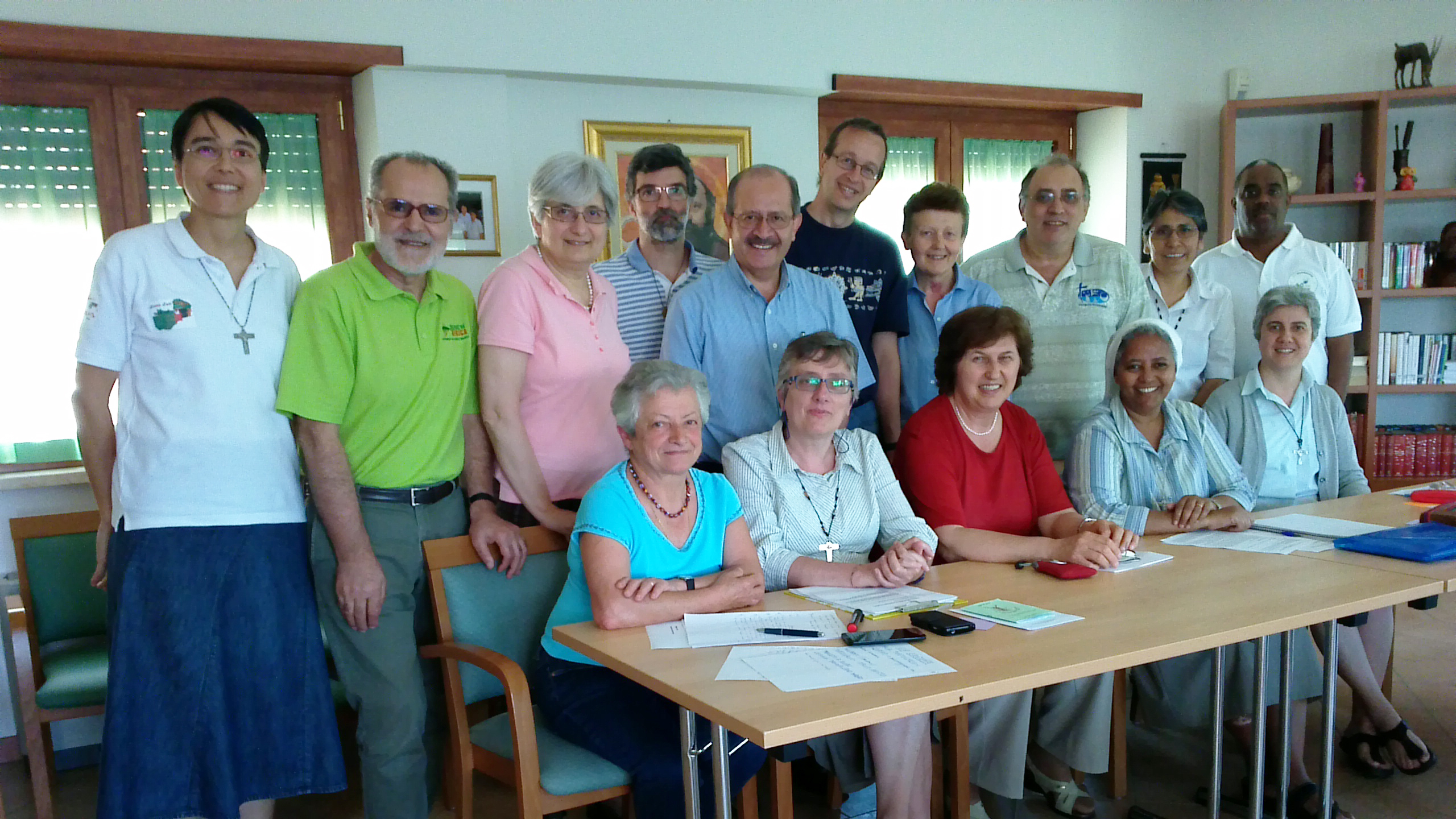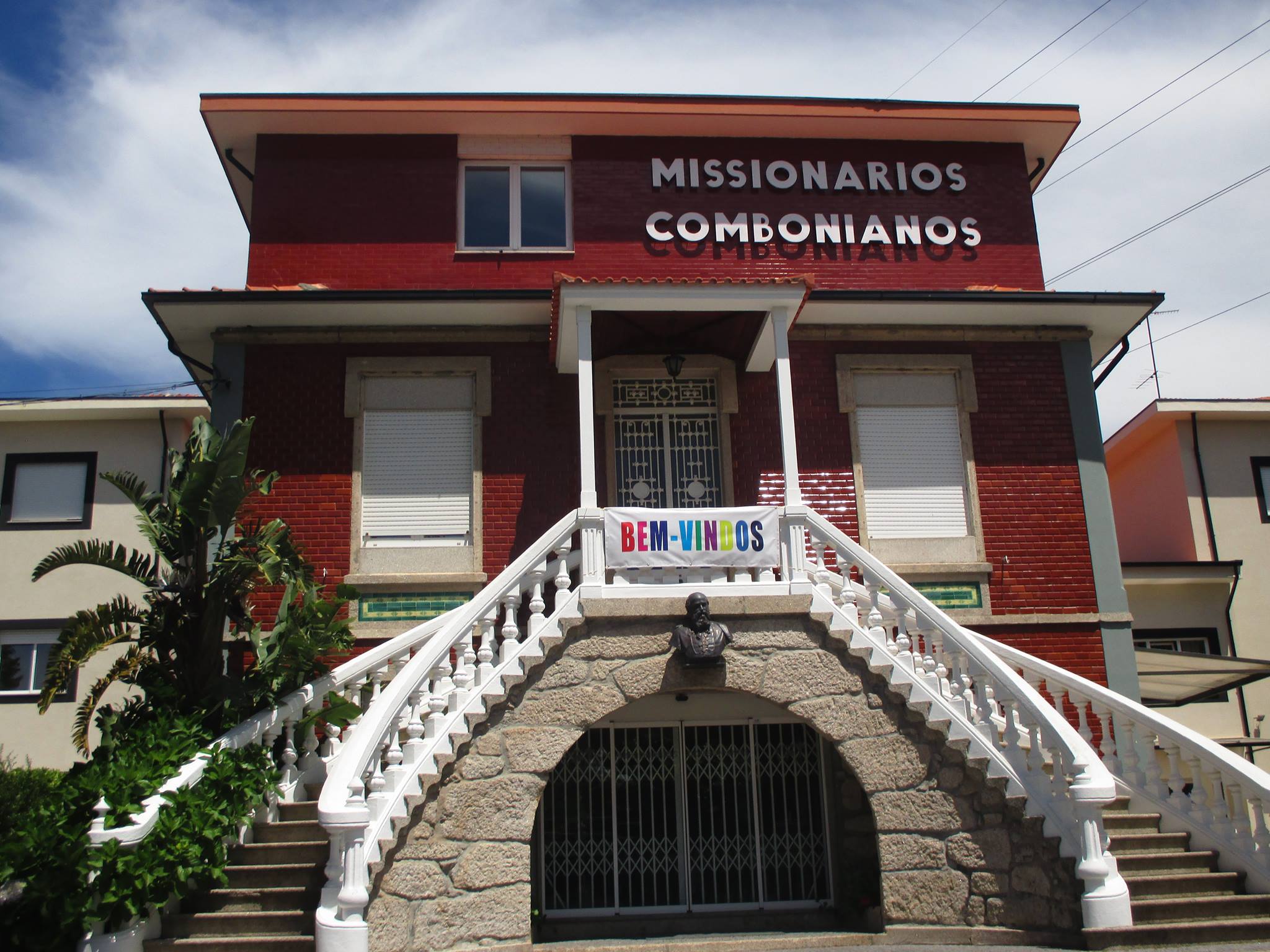 On June 23-25 the yearly weekend of Comboni Missionary Spirituality took place in the Comboni House of Maia, Portugal. Including religious, the CLMs, the auxiliaries, members of cenacles of prayer, young people of the Faith and Mission group, and sympathizers of the Comboni Family, a sizeable group was put together with people coming from the North and the South of the country.
On June 23-25 the yearly weekend of Comboni Missionary Spirituality took place in the Comboni House of Maia, Portugal. Including religious, the CLMs, the auxiliaries, members of cenacles of prayer, young people of the Faith and Mission group, and sympathizers of the Comboni Family, a sizeable group was put together with people coming from the North and the South of the country.
A small group of nine CLM took part. I was there and I thank God for the opportunity. It was great!
Starting from the main theme, “With Mary, missionaries of Jesus,” the meeting was subdivided into three sub-themes, two of them presented on Saturday, and the third one, through group work, followed on Sunday morning.
“From Mary we learn the true meaning of discipleship.”
The first sub-theme, titled “the missionary journey of Mary,” entrusted to Comboni Missionary Fr. Dário, introduced Mary as the first disciple, the first missionary, available to “bring” Jesus to others, as an example of Mercy, contemplating the activities of Mary, her “YES,” the visit to her cousin Elizabeth. The presentation was interspersed with short Marian hymns. It was, without a doubt, a beautiful moment! And, quoting Pope Francis, I was left with this certainty:
“It is necessary to learn with Mary, relive her “YES,” her total availability to receive the Son of God in her life, which from that moment transformed her.” (from Pope Francis)
Having divided the participants into groups, we had different times for sharing. This helped us to get involved and to get to know other experiences, as true witnesses.
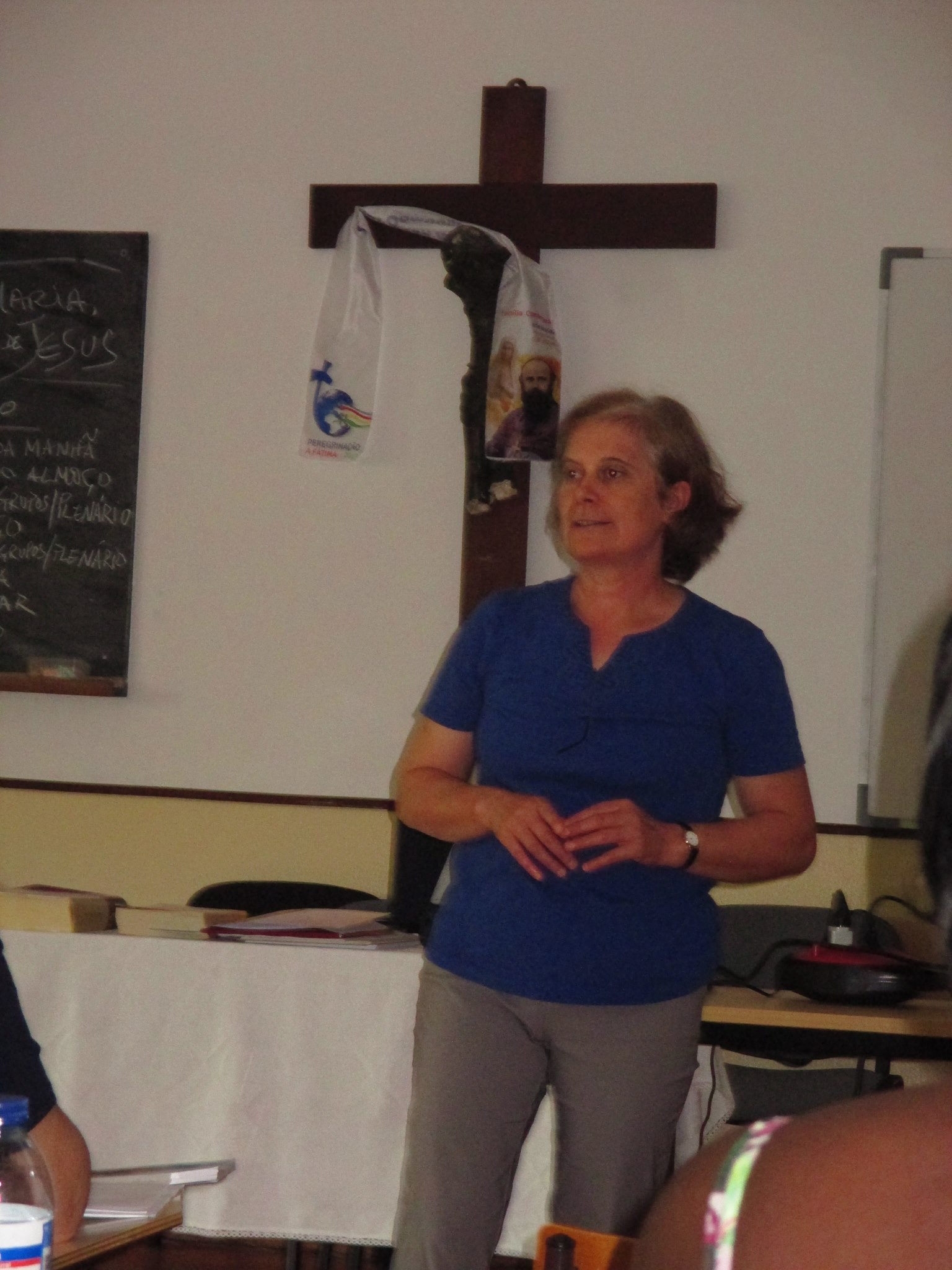 The second sub-theme, given to us by Sr. Arlete, a Comboni Missionary Sister, was “the missionary journey of Daniel Comboni with Mary.”
The second sub-theme, given to us by Sr. Arlete, a Comboni Missionary Sister, was “the missionary journey of Daniel Comboni with Mary.”
We saw the journey of St. Daniel Comboni from his entry into the Mazza Institute up to his passion for the Africans, passing through his giving of himself and his devotion to the Sacred Hearts of Jesus and Mary. With the help of Comboni’s writings we came to understand better this devotion.
“You are the one, O divine Mother, who inspired me in the new Plan for the Regeneration of Africa (…).” (from St. Daniel Comboni)
MARY, adopted us as her children on Calvary. And, like the Holy Father says: “We have a Mother!” – A mother who protects us and shelters us under her cloak. A mother who is a model of life. A mother who shows us how to follow Jesus.
With this program so well organized we did not lack time for reflection, for singing, and space for making community and for prayer.
On Sunday morning, after morning prayers organized by the CLM, we tackled the third sub-theme, by no means less important: “The place of Mary in our Missionary Journey.” Throughvarious presentations, we had a taste of the work produced by the cenacles of prayer, by the Holy Childhood Group and also by the Youth Movement group of the Comboni Family.
With their presentations, the participants showed the importance of Mary in their lives. And also showed how the devotion to Mary is practiced in the groups.
In between themes and reflections, the reception was a success with the participation of the Secular Comboni Missionary Helena Laranjeiro.
Joy and good humor were not lacking, also because it was St. John’s Weekend!v Also there was no lack of reasons to celebrate: on the day of St. John, Fr. Claudino celebrated 44 years of ordination, and on the 25th it was Fr. Dário’s turn to celebrate his 45 years in the priesthood. Best wishes to both… We wish you many more years in Mission!
Sofía Coelho




